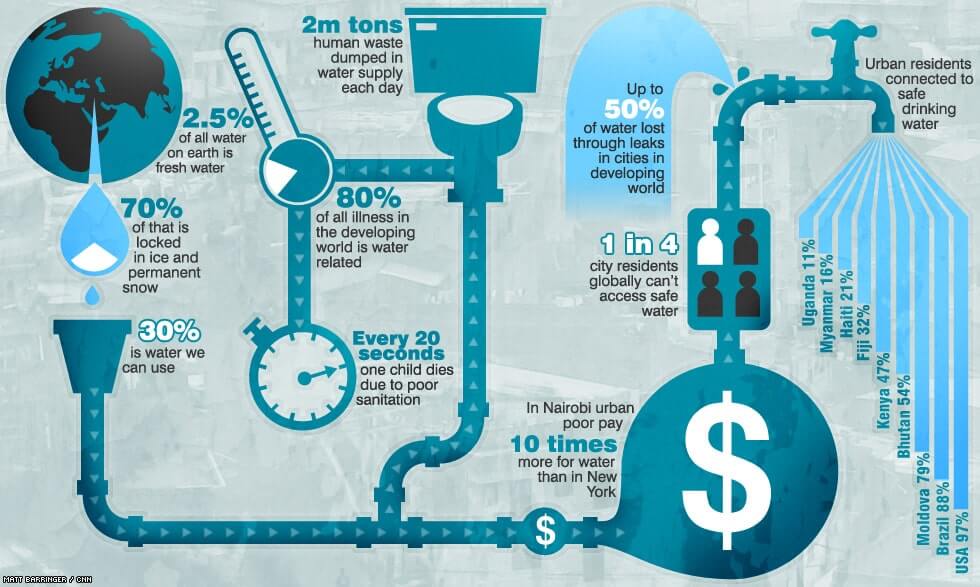The Relationship In Between Climate Conditions And Heat Pump Performance, Together With Solutions To Boost Performance
The Relationship In Between Climate Conditions And Heat Pump Performance, Together With Solutions To Boost Performance
Blog Article
Created By-Creech Munkholm
When it comes to your heatpump, climate plays a critical function in its efficiency. From freezing temperatures to sweltering heat, each aspect can impact exactly how successfully your system operates. But what can you do to combat these weather-related challenges and ensure your heat pump is operating at its finest? Stay tuned to find sensible tips and approaches to optimize your heatpump's efficiency, despite the weather it deals with.
Weather Condition Variables Impacting Heat Pump Effectiveness
Weather condition variables have a substantial effect on the effectiveness of heatpump. One important factor is temperature level. Heatpump work by moving heat from outdoors to within throughout winter months and the other way around in summertime. As temperature levels decline, it comes to be harder for the heat pump to remove warm from the outdoors air, decreasing its performance.
Read Full Report is humidity. High humidity degrees can make it much more tough for the heat pump to release warm during the cooling process.
Furthermore, wind speed plays a role. Solid winds can dissipate the warm taken in or released by the heat pump, influencing its total performance.
Tips for Optimizing Heat Pump Efficiency
To boost the effectiveness and longevity of your heatpump, carrying out a few essential strategies can make a significant difference in its efficiency.
Firstly, guarantee regular maintenance by cleansing or changing filters every 1-3 months to prevent air movement clogs and make the most of air movement. Furthermore, timetable annual specialist assessments to detect and resolve any prospective concerns at an early stage.
Ideal thermostat settings additionally play an essential duty. During the winter season, aim for a temperature setting that's as reduced as comfy, and during the summertime, set it as high as comfortable to minimize the work on your heatpump. Utilizing a programmable thermostat can aid you immediately readjust settings based on your timetable.
In addition, securing leaks in ductwork and protecting air ducts in unconditioned spaces can prevent energy loss and boost total system effectiveness.
Finally, take into consideration setting up a smart thermostat that can learn your practices and adjust settings appropriately, more maximizing your heatpump's efficiency. By following these suggestions, you can guarantee your heatpump operates efficiently and successfully throughout the year.
Best Practices for Weatherproofing Your Heat Pump
For optimal performance and efficiency of your heat pump, executing weatherproofing actions is vital. Begin by sealing any voids or fractures around doors, windows, and ductwork to avoid warmth loss and maintain a regular interior temperature level.
Shield revealed pipes and air ducts to prevent cold during cold weather and make certain appropriate air movement. Take into consideration mounting a safety cover over the outdoor system to shield it from extreme climate components like snow, ice, and debris.
On a regular basis clean the outdoor unit to remove dirt, leaves, and debris that can block air flow and decrease efficiency. Furthermore, maintain the location around the heatpump free from snow, ice, and vegetation to enable appropriate ventilation.
Final thought
Now that you understand exactly how weather influences your heat pump performance, you can take positive steps to optimize its efficiency. By following the pointers described in this short article, such as normal maintenance, thermostat adjustments, and weatherproofing actions, you can guarantee that your heatpump operates at its finest no matter the climate condition. Remain successful and keep your home comfortable all year round.
